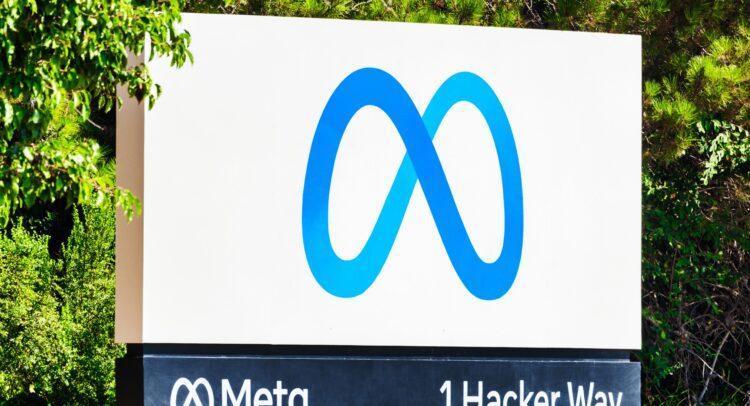In the high-stakes arena of digital justice, a David versus Goliath battle has emerged, pitting a legion of advertisers against tech titan Meta. The United States Supreme Court, that hallowed chamber of legal deliberation, has delivered a resounding rebuke to Mark Zuckerberg’s social media empire, declining to shield the company from a lawsuit that threatens to unravel its advertising practices. With the potential to send ripples through the technology and legal landscapes, this judicial decision stands as a testament to the growing scrutiny of big tech’s complex ecosystem of data, privacy, and commercial manipulation. In a significant legal development, the nation’s highest court has delivered a decisive blow to Meta, previously known as Facebook, by declining to shield the tech giant from a potentially far-reaching consumer lawsuit. The Supreme Court’s unanimous decision leaves intact allegations that the company systematically misled advertisers about critical metrics, potentially opening the floodgates for substantial financial repercussions.
At the heart of the dispute are claims that Meta deliberately inflated video viewing statistics, creating a deceptive landscape for digital marketers. Advertisers argue that the company knowingly misrepresented audience engagement metrics, which could have induced businesses to invest heavily in video advertising based on fundamentally incorrect data.
The lawsuit, originally filed in California, challenges Meta’s reporting practices between 2015 and 2018, a period marked by significant digital advertising transformation. Advertisers contend that the inflated metrics led to substantial financial investments predicated on what they claim were intentionally manipulated statistics.
Legal experts suggest the Supreme Court’s refusal to intervene represents a critical moment for corporate accountability in the digital advertising ecosystem. By allowing the case to proceed, the court signals potential vulnerability for tech platforms that might misrepresent performance metrics.
Meta’s legal strategy attempted to leverage procedural arguments, seeking dismissal based on technical interpretations of jurisdiction and standing. However, the Supreme Court’s unanimous decision suggests a broad consensus about the legitimacy of the advertisers’ claims.
The implications extend beyond this singular case, potentially establishing precedent for how technology companies communicate performance data. Digital marketers and industry observers are closely watching the developments, recognizing the potential for systemic changes in advertising transparency.
Financial markets responded with measured interest, with Meta’s stock experiencing minimal fluctuations following the announcement. However, the long-term implications could be significantly more consequential, potentially forcing more rigorous reporting standards across digital platforms.
Consumer protection advocates have praised the decision, viewing it as a potential watershed moment for digital accountability. The ruling underscores the increasing judicial scrutiny of tech giants’ reporting practices and their responsibilities to provide accurate, transparent information.
As the case moves forward, it will likely spark intense legal and technical examinations of how digital platforms measure and report audience engagement. The outcome could reshape expectations for digital advertising metrics and corporate disclosure practices.
For Meta, the Supreme Court’s decision represents a challenging legal landscape, with potential financial and reputational risks looming on the horizon. The tech industry will be watching closely as this case unfolds, understanding its broader implications for digital transparency and corporate accountability.

